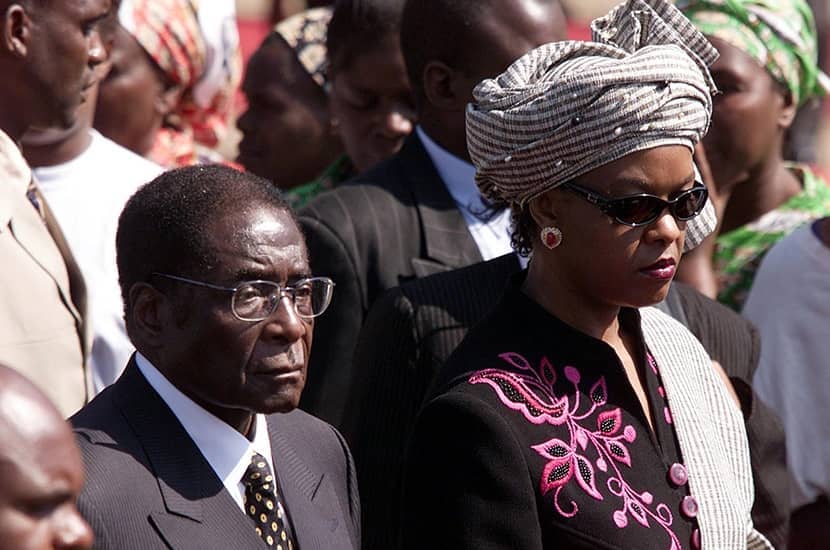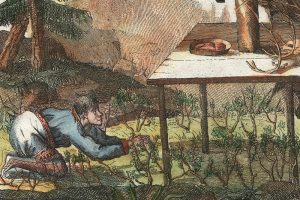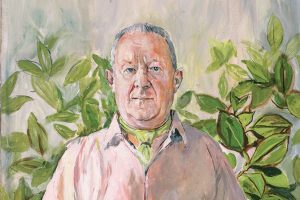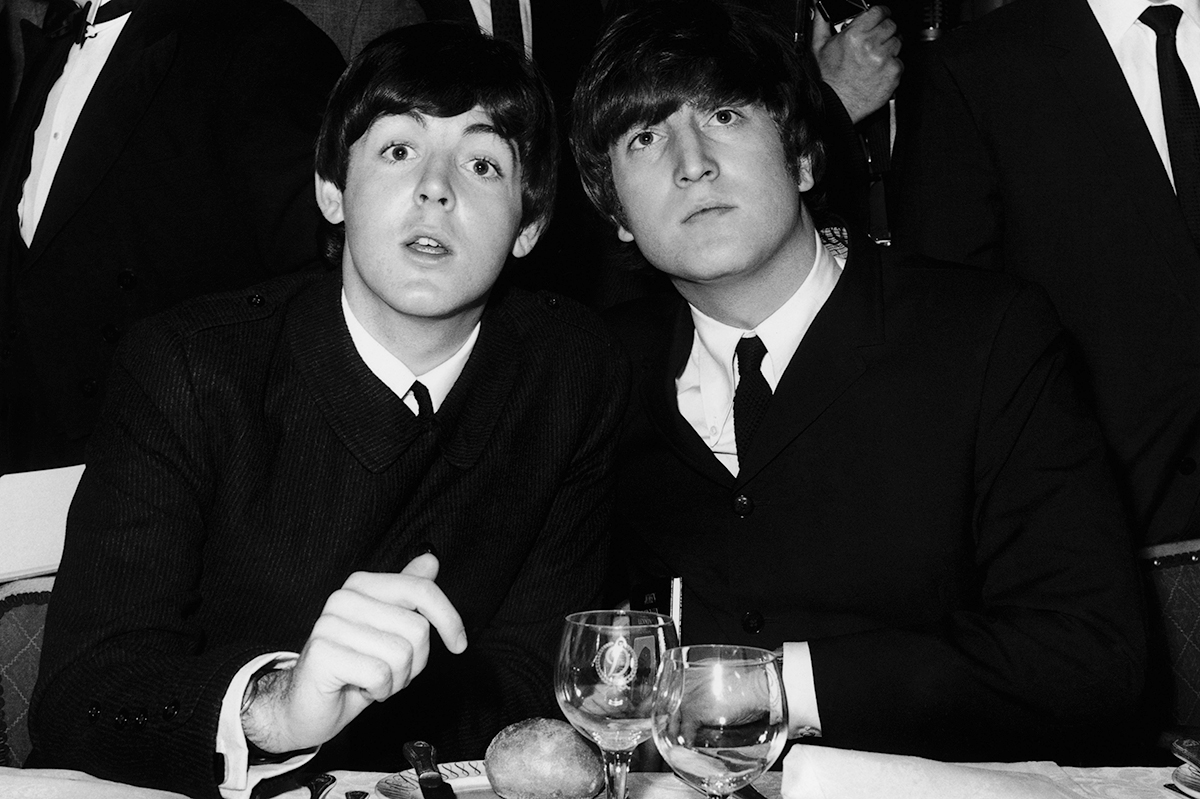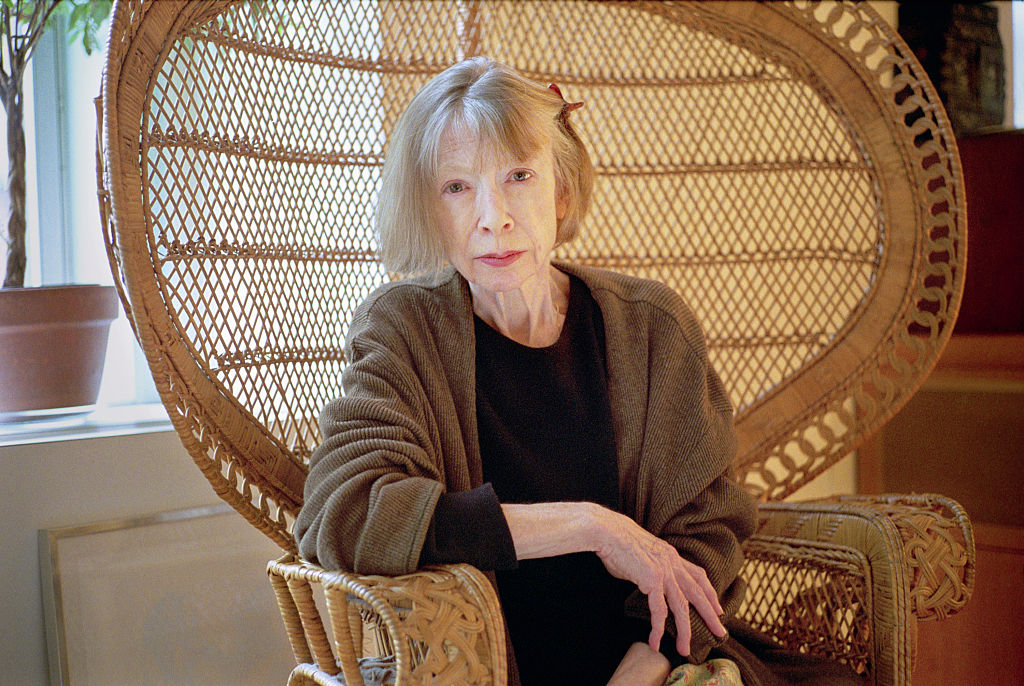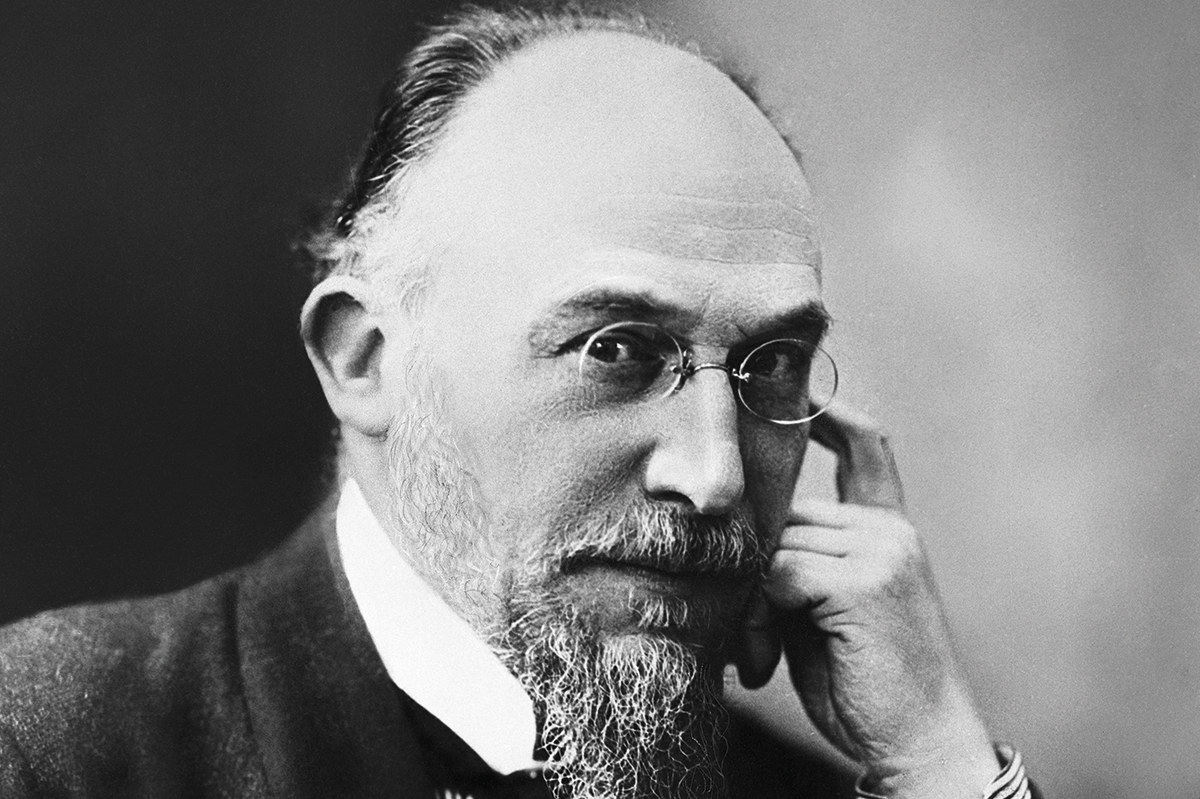NoViolet Bulawayo’s first novel We Need New Names, shortlisted for the Booker in 2013, was a charming, tender gem, suffused with the guileless hilarity of children and the shock of tragedy in Zimbabwe, the author’s birthplace. Her follow-up, Glory, features animals as characters. I was initially mystified. Who would try to match Orwell’s allegorical masterpiece Animal Farm? Art Spiegelman succeeded in Maus, his graphic novel about the Holocaust, but each species represented one race, so the symbolism packed a punch – German cats hunting Jewish mice.
Here the species are often random, apart from the savage dog police. But the use of animals at least lends humor to a heavy subject: the betrayal of the people of Zimbabwe. The story, set in fictional Jidada, mirrors political events. It begins in 2017, when the Old Horse (Robert Mugabe) has presided for many years over a country devastated by corruption, shortages and human rights abuses. He is set to be succeeded by the vice president, Tuvy (based on Emmerson Mnangagwa). But the Old Horse’s vulgar, venal wife — a braying donkey — has her own ambitions. When Tuvy is unceremoniously sacked, a group of generals stage a coup to reinstate him. Sadly, he proves just as acquisitive and immoral as his predecessor.
We learn the history of Zimbabwe, from its exploitation by colonialists, through its battle for independence, to the dull realization that its new president has dispensed with any promise of democracy, is having his opponents killed and plunging the country in misery.
An additional storyline involves a female character called Destiny (a goat) returning from exile. Her absence has traumatized her mother, who has also been deeply affected by the Gukurahundi genocide in the 1980s, when thousands of the Ndebele tribe were murdered by Mugabe’s predominantly Shona forces.
The patois — tholukuthi, roughly translated as “hey” — and rhythmic cadence of repeated phrases merge with warmth, insight and wry humor to create a world that engulfs and enthrals.
This article was originally published in The Spectator’s UK magazine. Subscribe to the World edition here.



